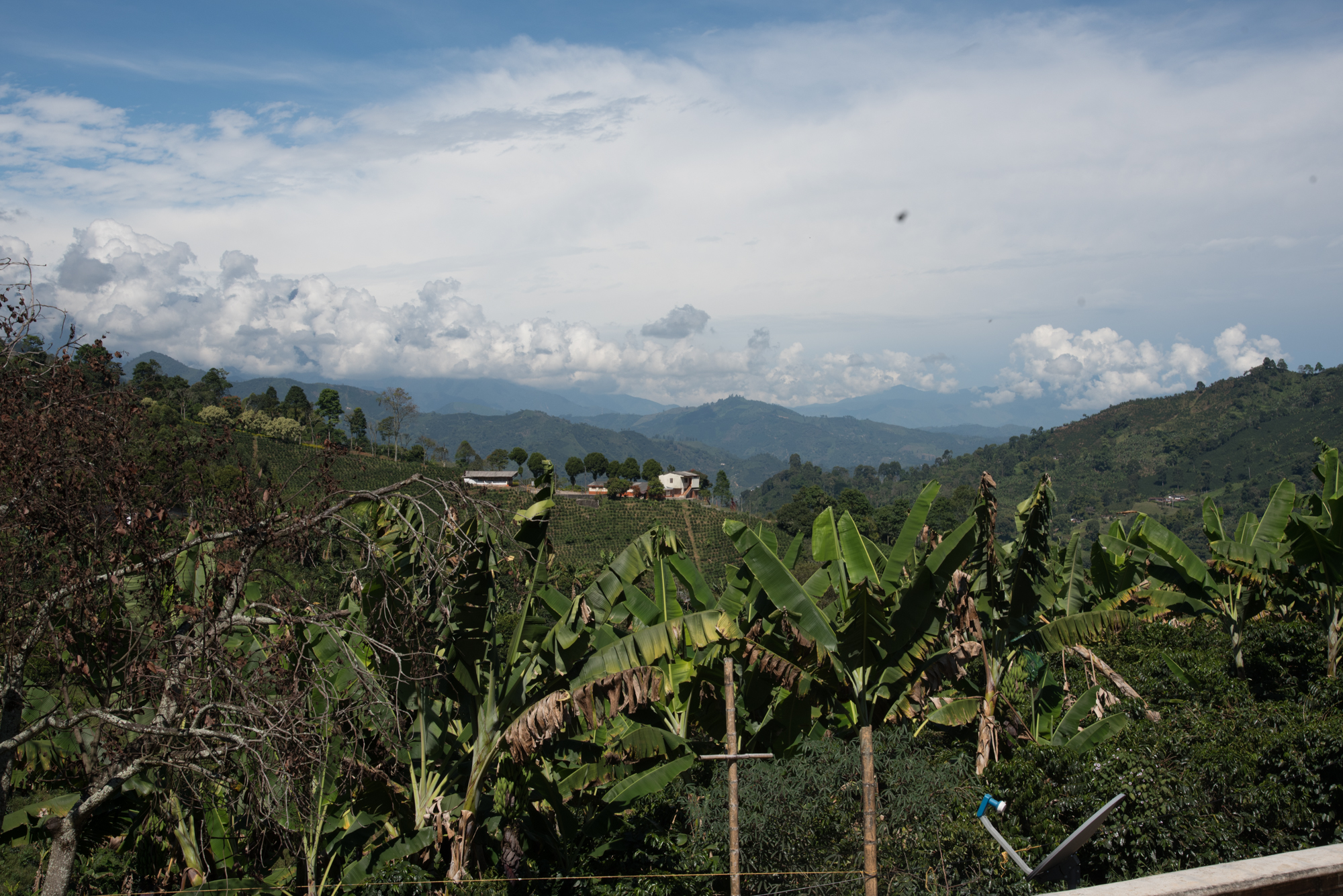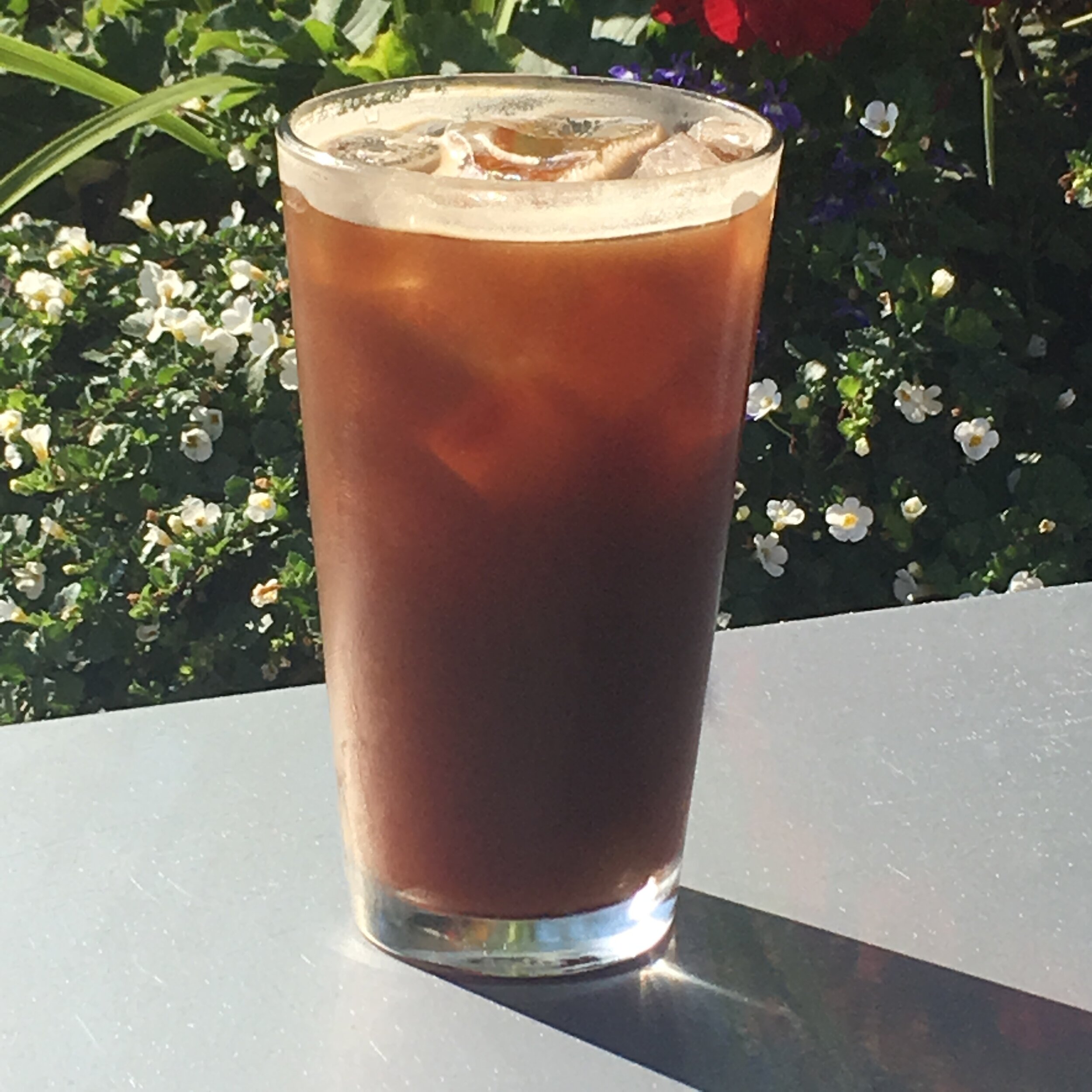We are delighted to finally be in possession of this particular coffee, Finca Las Margaritas, our favorite from our trip to Colombia back in December. We've had to wait a little while for the coffee to be fully harvested, processed and shipped to the United States, and then to make its way to our roastery, but as of last week it is available in all our cafes, online and in stores.
In December, we visited Finca Las Margaritas, in Vereda San Bartolo, Jardin. We met with Dona Lourdes Restrepo, who showed us around the farm and explained in great detail her family’s coffee growing philosophy. In a letter, Dona Lourdes describes how, as a third generation owner, she felt a strong connection to the land and a responsibility to carry on her forebears' work:
"Our ancestors were farmers, and not only have these lands been passed from generation to generation, but also their customs, their good examples, and above all the responsibility and effort this work always demands."
Dona Lourdes attended the government sponsored coffee agronomy program at SENA, which empowered her to develop the necessary skills to continually improve the cultivation methods and quality of the coffee she grows each year. As she says in her letter:
"The world is dynamic and changing, and the consumer ... has a lot of technology and a lot of knowledge, [so] we have to be at the forefront."
Las Margaritas has a productive area of 6 hectares, which amounts to 25,000 trees, divided and planted with varieties such as Caturro as well as 2000 and F6 (the latter two both coffee rust resistant varieties). A farm manager, Diego, oversees upwards of 15 employees during the peak season. In order to cut down on the intensive labor involved in transporting the coffee beans across the valley which separates the fields from the farm, they have installed an electric cable car to move the picked beans more easily.
Las Margaritas uses a number of ornamental and fruit trees, both as shade crops and to diversify their output—they received 500 such trees as part of a government-backed program to reduce farmers’ reliance on coffee as a single income source, as well as to promote best agronomic practices.
Banana and plantain trees are especially popular in the region, as the farmer merely has to tend to and harvest the fruit, which is then left at the side of the road where they are taken to market by a third party, thus leaving the family more time to focus their resources on coffee. Las Margaritas also uses native plants and trees to provide shade, which serves to encourage birds and other insects as a natural solution to pests.
In order to accentuate the clean, slightly fruity nature of this particular coffee, we decided to roast a little lighter than we would normally with a Colombian coffee. In doing so, we wanted to draw out the inherent sweetness, and highlight the beautifully subtle cherry notes that we first pinpointed during our visit.
Overall, this is a wonderfully smooth, sweet and nuanced coffee that gains complexity as it cools, and warrants brewing via several different methods in order to be fully appreciated.
We are big fans here at Mighty Good, and we think you will be too.
Buy a bag here













